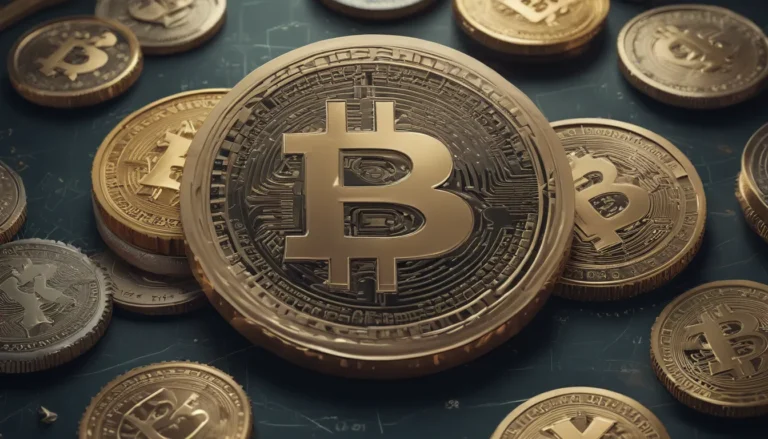A Note About Images: The images used in our articles are for illustration purposes only and may not exactly match the content. They are meant to engage readers, but the text should be relied upon for accurate information.
In today’s digital age, Global Positioning System (GPS) has revolutionized the way we navigate and interact with our environment. From its humble beginnings as a military tool to its widespread integration into smartphones, vehicles, and wearable devices, GPS has become an essential part of modern life. In this article, we will delve into 10 fascinating facts about GPS, shedding light on its origins, functionality, and diverse uses. Join us on this journey as we explore the incredible world of GPS and uncover the technology that shapes the way we navigate and connect with the world around us.
Understanding GPS: A Satellite-Based Navigation System
GPS, or Global Positioning System, is a satellite-based navigation system that provides accurate location and time information anywhere on Earth. This technology relies on a network of satellites orbiting the Earth and transmitting precise signals to GPS receivers. These receivers then utilize the signals to determine the receiver’s location, speed, direction, and time.
- GPS is widely used for navigation, mapping, surveying, and scientific research.
- The system consists of 24 operational satellites that ensure global coverage and reliable positioning data.
- GPS signals are incredibly precise, enabling modern receivers to determine a location within a few meters.
The Evolution of GPS: From Military Tool to Everyday Essential
Initially developed for military use by the United States Department of Defense, GPS has evolved to become an integral part of everyday life. Officially launched in 1978, GPS has undergone significant advancements over the years, including the introduction of new satellite signals and improved accuracy.
- GPS has transformed industries and everyday activities, from navigation and mapping to autonomous vehicles.
- GPS receivers are now integrated into smartphones, cars, wearable devices, and cameras.
- The accuracy of GPS can be affected by environmental factors, such as tall buildings and dense forests.
GPS in Action: Transforming Navigation and Geodesy
GPS has revolutionized the field of geodesy, enabling precise positioning and mapping of the Earth’s surface. It has also spurred innovation in autonomous vehicles, such as self-driving cars and drones, by providing accurate navigation data. The future of GPS includes enhanced capabilities and resilience, promising improved accuracy and reliability in challenging environments.
- Geodesy benefits from GPS technology, contributing to advancements in cartography and geospatial analysis.
- GPS has played a pivotal role in the development of autonomous vehicles, enabling them to navigate with autonomy and precision.
- Ongoing advancements aim to enhance GPS capabilities, expanding its applications and reliability in the future.
Embracing the Future of GPS
GPS technology continues to evolve and shape the way we navigate and understand our world. From its origins as a military navigation system to its integration into everyday devices, GPS has become an indispensable tool for countless industries and individuals. As advancements in GPS technology pave the way for enhanced capabilities and resilience, the future holds exciting possibilities for leveraging this remarkable system for the benefit of society.
In conclusion, GPS technology has revolutionized navigation and positioning across the globe, driving progress and connectivity in various fields. Embracing the potential of GPS opens up a world of possibilities, shaping the future of navigation and location-based services. As we continue to harness the power of GPS, we can expect further innovations and applications that will enhance our understanding of the world around us.
FAQs
What is GPS and how does it work?
GPS, or Global Positioning System, is a satellite-based navigation system that enables precise location determination anywhere on Earth. It works by utilizing a network of orbiting satellites to transmit signals to GPS receivers, which then calculate the receiver’s exact position based on the time it takes for the signals to reach it.
Is GPS technology only used for navigation?
While GPS is widely known for its navigation capabilities, it is also utilized in various other fields. From tracking valuable assets and monitoring wildlife to optimizing logistics and enhancing precision agriculture, GPS technology has diverse applications beyond traditional navigation.
In the ever-evolving landscape of technology, GPS remains a cornerstone of navigation and location-based services. As we look to the future, the possibilities for leveraging GPS technology are endless, promising continued innovation and advancement in the way we interact with our world.
Was this page helpful?
Our commitment to delivering trustworthy and engaging content is at the heart of what we do. Trust in our dedication to quality and authenticity as you explore and learn with us.






